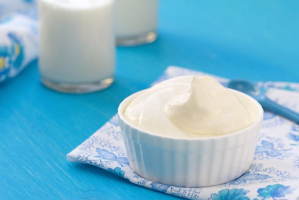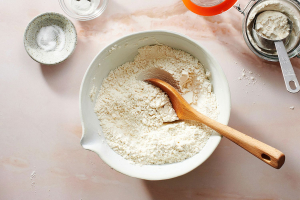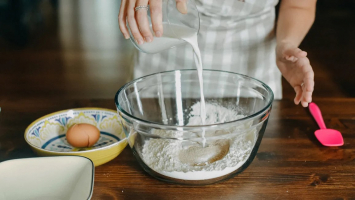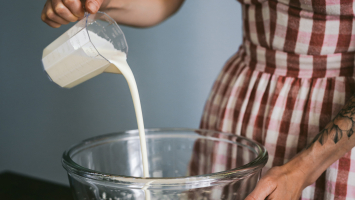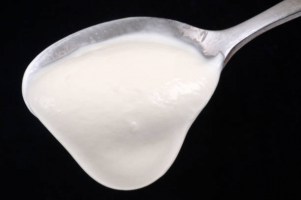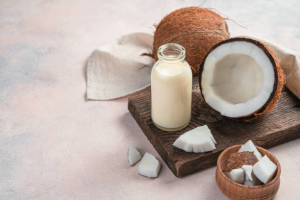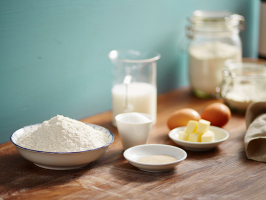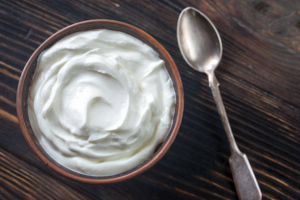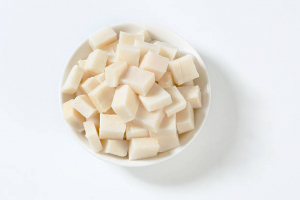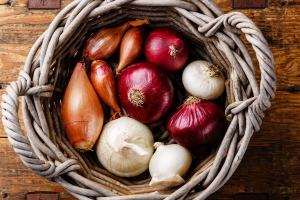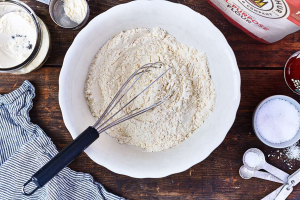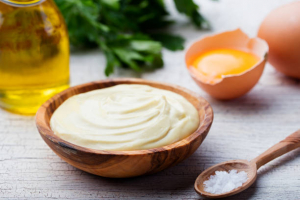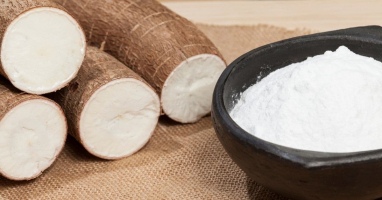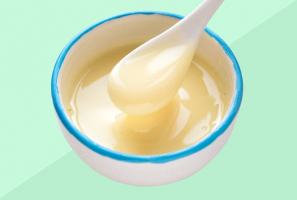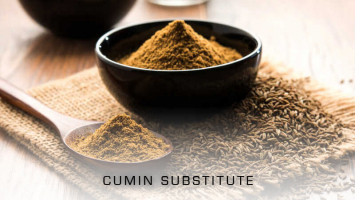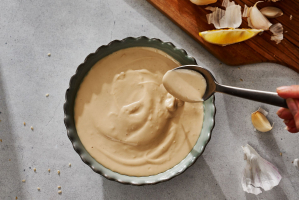Top 5 Best Substitutes for Lemon Juice in Baking and Cooking
Lemon juice is a staple in baking and cooking. It gives both savory and sweet dishes a bright, citrusy flavor. Its low pH makes it one of the most acidic ... read more...natural ingredients. However, if you don't have any on hand, are allergic to it, or are sensitive to it, other ingredients might take the place of lemon juice. Here are some substitutes for lemon juice!
-
Since ancient times, lime juice has been prized for its tart, refreshing flavor. From cocktails and salad dressings to marinades and sauces, this versatile citrus juice may be used in a variety of dishes.
Lime juice is the greatest alternative to lemon juice because it can be used in a 1:1 ratio and has a flavor and acidity level that are very similar. In fact, due to its similar pH level to lemon juice, it makes for the perfect alternative for canning or preserving food. Because limes are loaded with nutrients, they may help boost immunity, reduce heart disease risk factors, prevent kidney stones, aid iron absorption, and promote healthy skin. Limes are available at most grocery stores, which are frequently stocked with other citrus fruits like lemons and oranges.
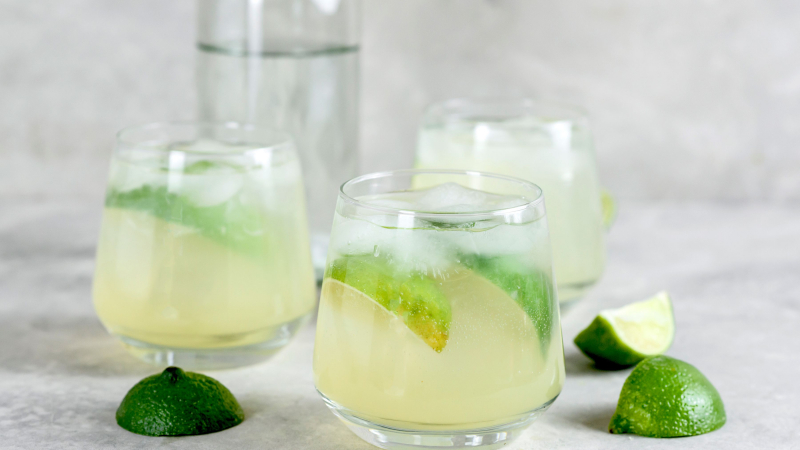
Lime juice 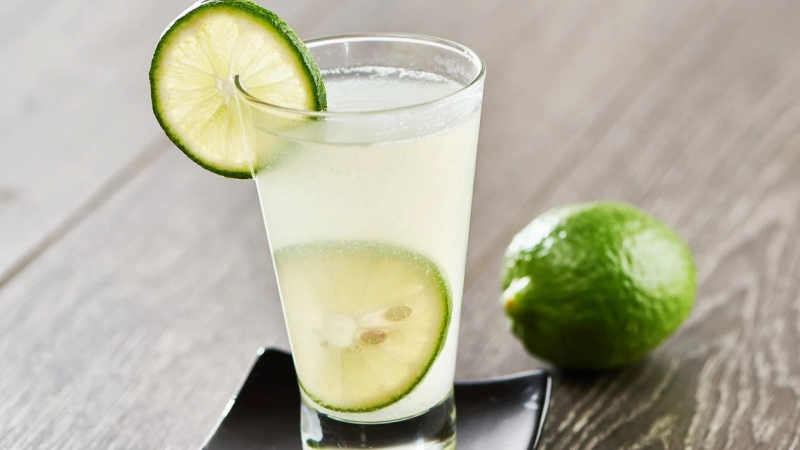
Lime juice -
In most recipes, orange juice works well as a 1:1 alternative for lemon juice. Add the orange juice to your recipe in the same way that you would add the lemon juice. Compared to lemon juice, it is sweeter, less sour, and less acidic.
Use Seville oranges if you can when substituting orange juice for lemon juice. The bitterness of these oranges is more similar to the lemon flavor. But whatever orange juice you have in the refrigerator can be used if you don't have time to go shopping. If you use orange juice instead of lemon juice in recipes that call for a lot of lemon juice, the flavor may change substantially. But it's not a problem because most of the recipes only call for small amounts of lemon juice, so the juice from one medium-sized orange should be sufficient for your recipe.

Orange juice 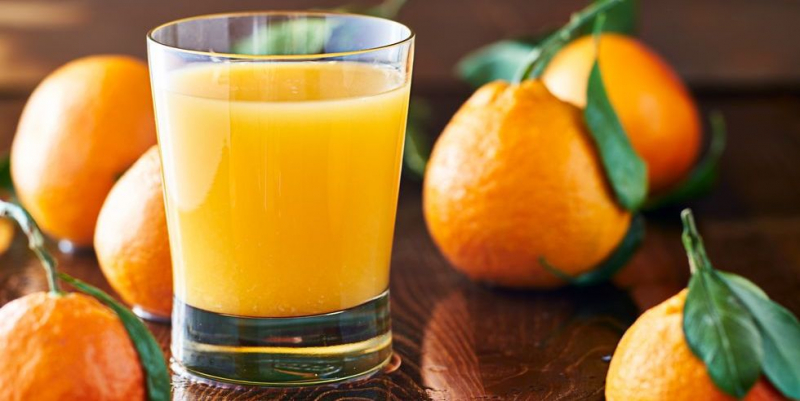
Orange juice -
For thousands of years, white vinegar—also known as distilled or spirit vinegar—has been a staple in households all across the world. This versatile liquid offers a lot of uses in cleaning, gardening, and cooking. There are even medical uses for it.
When only a small amount of lemon juice is required, white vinegar makes a great replacement in cooking and baking. It has a tangy and acidic flavor similar to lemon juice. It may be used as a substitute in these recipes. However, if lemon is one of the main flavors in many recipes, white vinegar shouldn't be used in place of lemon juice since it has a very powerful, unpleasant flavor and aroma.
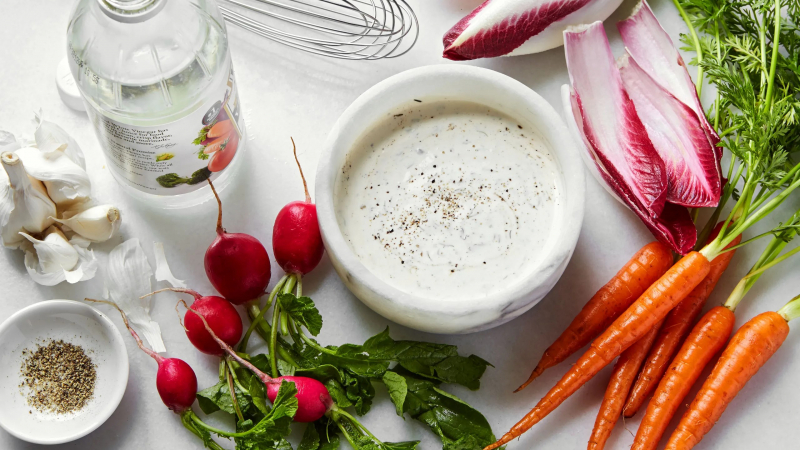
White vinegar 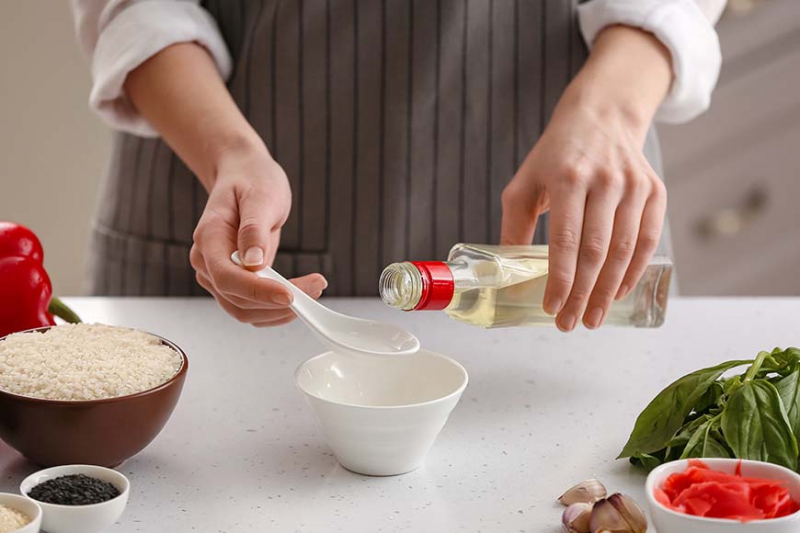
White vinegar -
Lemon juice contains citric acid, a naturally occurring acid, thus powdered citric acid is a great alternative to lemon juice, especially in baking. Citric acid has been a common ingredient in foods, cosmetics, and many other products for more than a century, mostly as a preservative and flavor enhancer.
In terms of acidity, one teaspoon (5 grams) of citric acid is comparable to around half a cup (120 ml) of lemon juice. As a result, just a very small amount is needed. To maintain the proper dry-to-wet ingredient ratio, it can also be required to increase the amount of liquid in your recipe. Additionally, using citric acid in baked products may even stop the cooking process from destroying some vitamins and antioxidants.
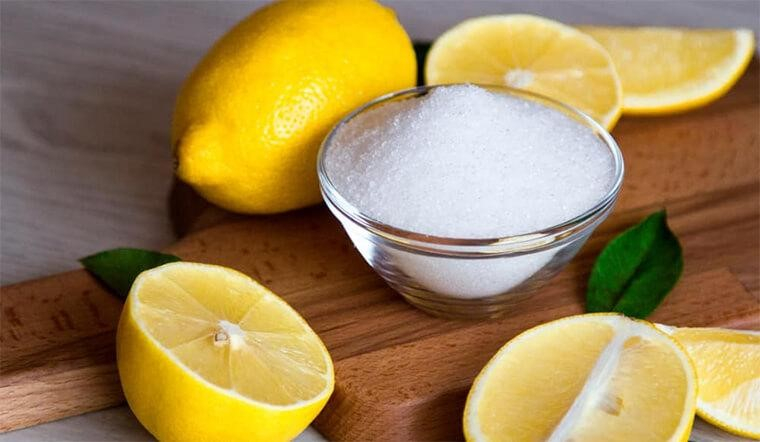
Citric acid 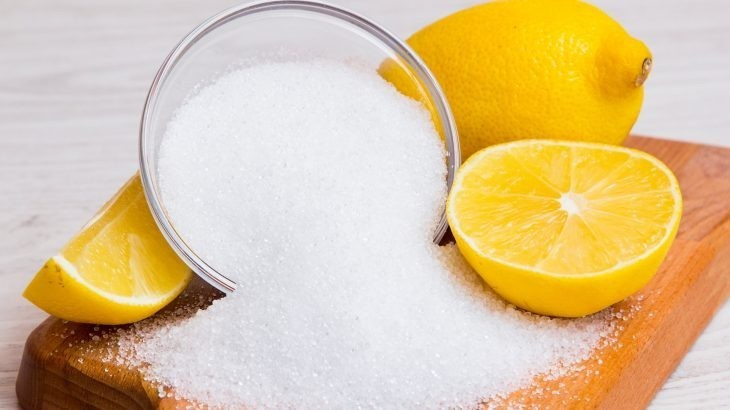
Citric acid -
Baked goods may easily be improved by adding a tiny pinch of lemon zest. The small shavings of citrus fruit's vividly colored and strongly flavored outer skin are known as zest, often known as the lemon peel.
You may use the lemon zest as a concentrated source of acidity and flavor if you have frozen or dried lemon zest on hand. It functions well in recipes and desserts where lemon is the main flavor. 1/2 teaspoon of lemon extract or two tablespoons of lemon juice is equal to one teaspoon of lemon zest. It will give you the closest flavor match possible. For the recipe to work properly, you might need to add more liquid, especially if you're baking.
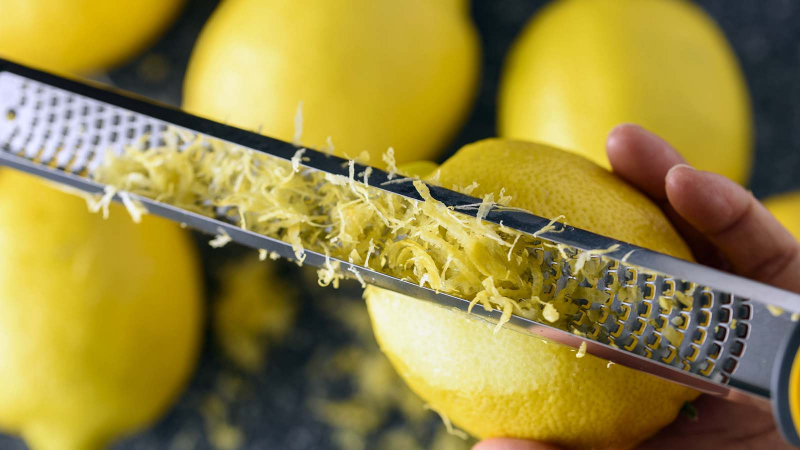
Lemon zest 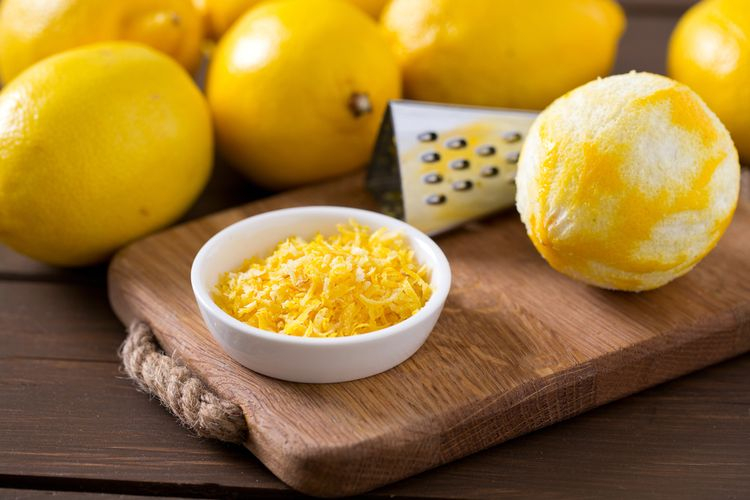
Lemon zest







